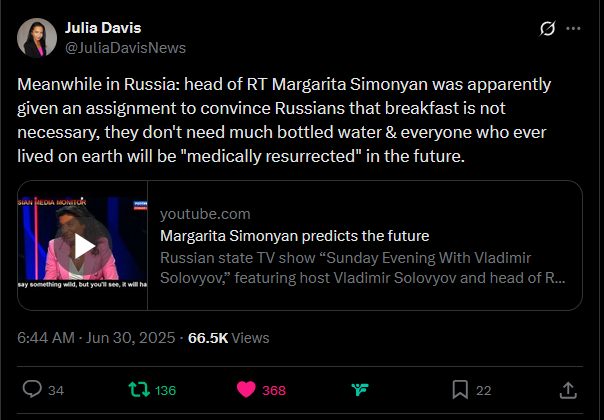Education helps—but not in the way you think.
You can be highly educated.
You can know how media works.
And still fall for fake news.
This thread unpacks why knowledge alone isn’t protection.
You can be highly educated.
You can know how media works.
And still fall for fake news.
This thread unpacks why knowledge alone isn’t protection.

Gradim & Amaral (2020) review the research:
Media literacy improves our ability to analyze content.
But it doesn’t automatically override emotional reasoning or identity bias.
It helps—but it’s not flawless armor.
Media literacy improves our ability to analyze content.
But it doesn’t automatically override emotional reasoning or identity bias.
It helps—but it’s not flawless armor.
In fact, more educated people can be more skilled at justifying their own biases.
They:
Argue more effectively for their side
Dismiss opposing facts more confidently
Are less likely to admit uncertainty
Cognition becomes a tool of rationalization.
They:
Argue more effectively for their side
Dismiss opposing facts more confidently
Are less likely to admit uncertainty
Cognition becomes a tool of rationalization.
So what does education actually do well?
It helps people:
Spot patterns of manipulation
Question sources
Slow down information processing
Recognize frames and rhetorical tricks
But only if applied critically.
It helps people:
Spot patterns of manipulation
Question sources
Slow down information processing
Recognize frames and rhetorical tricks
But only if applied critically.
And media literacy isn't one-size-fits-all.
It must account for:
Political context
Cultural narratives
Platform-specific dynamics
Emotional literacy
Knowing how media works ≠ understanding how you react to it.
It must account for:
Political context
Cultural narratives
Platform-specific dynamics
Emotional literacy
Knowing how media works ≠ understanding how you react to it.
The illusion of immunity is real.
The better informed you are, the more confident you may feel.
That confidence can become a blind spot.
Being right too often makes people stop asking if they could be wrong.
The better informed you are, the more confident you may feel.
That confidence can become a blind spot.
Being right too often makes people stop asking if they could be wrong.
So what’s a healthier stance?
Curiosity over certainty
Questions over conclusions
Self-reflection alongside skepticism
Willingness to revise your views
Media literacy works best when paired with humility.
Curiosity over certainty
Questions over conclusions
Self-reflection alongside skepticism
Willingness to revise your views
Media literacy works best when paired with humility.
The goal isn’t just to spot fake news.
It’s to understand:
Why it works
Why we want to believe it
And how we can build habits that resist it, even when it appeals to us.
It’s to understand:
Why it works
Why we want to believe it
And how we can build habits that resist it, even when it appeals to us.
Truth isn’t a fixed skill.
It’s a practice.
And it requires more than facts.
It requires reflection.
Otherwise, education becomes another weapon in the hands of bias.
It’s a practice.
And it requires more than facts.
It requires reflection.
Otherwise, education becomes another weapon in the hands of bias.
Bottom line:
Being smart isn’t enough.
Being informed isn’t enough.
To resist fake news, you need more than knowledge—you need self-awareness.
Next: “Repetition builds belief—even when we know it’s fake.”
#FakeNews #MediaLiteracy
Being smart isn’t enough.
Being informed isn’t enough.
To resist fake news, you need more than knowledge—you need self-awareness.
Next: “Repetition builds belief—even when we know it’s fake.”
#FakeNews #MediaLiteracy
• • •
Missing some Tweet in this thread? You can try to
force a refresh






